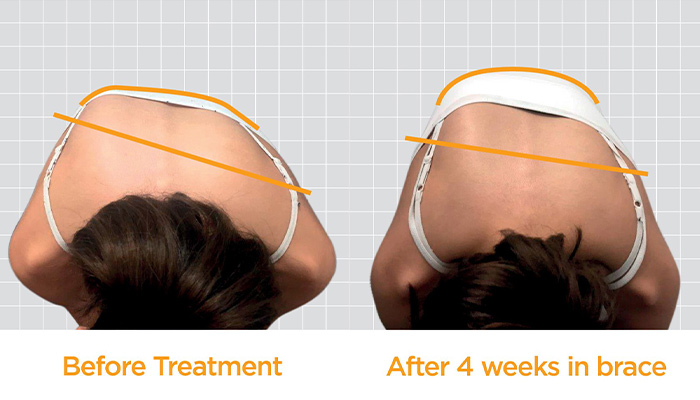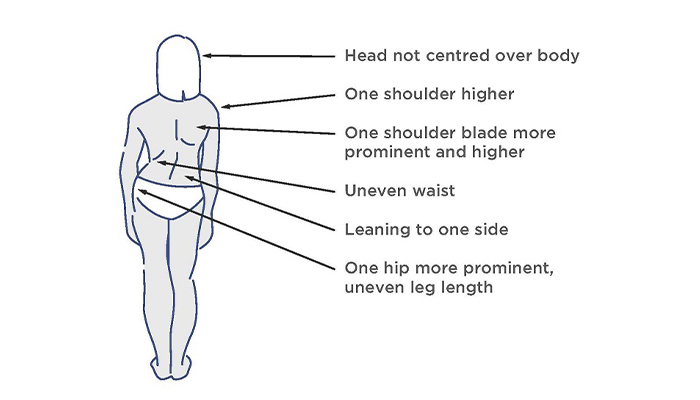
02 August 2021
On the 16th August 2021, The London Orthotic Consultancy is launching a scoliosis treatment package at our Cambridge Clinic. The package includes assessment by our specialist scoliosis orthotists, non-surgical treatment using the Cheneau-Gensingen brace, and – where needed -Schroth physiotherapy support by video call.
We are celebrating launch day by offering a free assessment for new scoliosis patients who attend on the 16th August. So, if you are seeking a highly effective, proven non-surgical scoliosis treatment, please contact us to book your appointment.
We have been treating scoliosis patients of all ages with the Cheneau-Gensingen brace for four years now, and we are recognised for Schroth scoliosis treatment. The Cheneau-Gensingen brace is the first evidence-based orthotic treatment for scoliosis – providing a dynamic alternative to the Boston brace, and a less invasive alternative to surgery. You can explore our scoliosis success stories using the Cheneau-Gensingen Brace and Schroth Physiotherapy here.
Not sure if you have scoliosis? Here are some of the signs to look out for. If you notice any of these signs, an assessment by one of our orthotists is recommended.

Our bracing treatment package is tailored to the needs of each individual patient. Unlike other more “rigid” bracing methods, the Cheneau-Gensingen brace guides the body through a 3-dimensional corrective movement, realigning the spine and reducing distortions in posture. Typically, this bracing is used for Cobb angles between 20° to 40° - however, we are seeing impressive results even in Cobb angles of more than 40°. Often, the bracing treatment is supported by physiotherapy which we offer as part of this package.
To book a free assessment at our Cambridge scoliosis clinic on 16th August, or if you have any questions, use our online contact form, email us at [email protected] or call us on 020 8974 9989.
The operation used to treat severe scoliosis curves is typically spinal fusion surgery; a major procedure that involves moving muscles and realigning the skeleton into place. The curved, deformed vertebrae are fused together into a single bone, putting metal screws and rods into the spine to help straighten it. Surgery typically lasts between 4 and 8 hours depending on the severity of the curve. Bone graft is then taken from other parts of the body and used to cover the implants.
Following the operation, it is necessary to spend around a week in intensive care before returning home and the first few days are often uncomfortable. Most adolescents can expect to return to school from 2-4 weeks following surgery, but pain medication may be required up to 6 weeks following. A full recovery from the procedure can take up to a year, as it can take that long for the spine to heal fully.
Spinal fusion surgery causes the fused portion of the back to become permanently stiff, as a result, returning to sports that require large amounts of flexibility (ballet, yoga, gymnastics, dance) or contact (rugby, football, karate, hockey) may take longer.